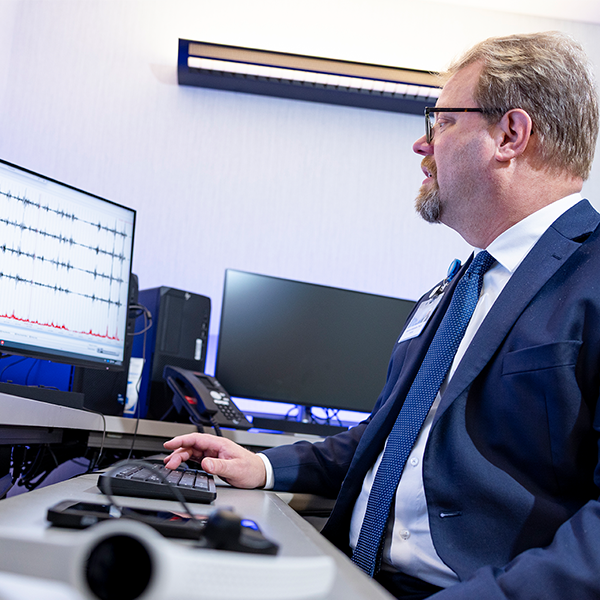-
Discovery Science
Science Saturday: In neurodegenerative diseases, Mayo Clinic research finds shared gene patterns, widespread damage
Damage to brain cells in two separate neurodegenerative diseases — Alzheimer's disease and progressive supranuclear palsy — is not limited to specific parts of the brain and these diseases share a pattern of gene alterations within the brain, according to researchers at Mayo Clinic, the University of Florida and other collaborating organizations.
The researchers say this finding suggests the neurodegenerative diseases may have the same underlying disease links. The finding, which is published in The Journal of Clinical Investigation, is based on 455 brain samples and the measurements of more than 10,000 genes.
The team used RNA sequencing with patient samples from the Mayo Clinic Brain Bank. They compared gene expressions among brains of people diagnosed with Alzheimer's disease, those with the rare movement disorder progressive supranuclear palsy, and from older people who died without either disease. The researchers report that altered gene expression patterns were similar between the two diseases in areas of the brain that show no evidence of degeneration and areas of the brain that have severe degeneration.
"Our research tells us that the impact of Alzheimer's disease on brain function may actually affect the entire brain ― not just diseased areas," says Nilüfer Ertekin-Taner, M.D., Ph.D., a neuroscientist and behavioral neurologist at Mayo Clinic. "What we're learning is that we need to rethink our approach to Alzheimer's disease and other neurodegenerative diseases so that we're not only targeting a specific pathway in the brain when it comes to therapeutic possibilities. Rather, we must consider a multitude of ways to attack these diseases at their earliest stage in the disease process and improve brain function."
The research team was able to take gene expression linked to neurodegenerative disease and put it in the context of how the genes functioned in the brain. For example, Dr. Ertekin-Taner says the gene expression changes fell into specific biological categories, such as cell energy processes and DNA/RNA metabolism. She says this study helps frame the findings of many genetic expression studies as part of the disease process, either as a cause or as the brain's compensatory response to neurodegeneration.
"Since PSP (progressive supranuclear palsy) and Alzheimer's disease share a common pathology ― tau ― it will be important to extend these studies to other neurodegenerative diseases to identify molecular signatures that are common to neurodegeneration," says Dr. Ertekin-Taner. "By compiling such data and knowledge, we may be able to join forces across neurodegenerative diseases to generate the next generation of therapies and biomarkers that may be applicable to multiple different conditions."
Dr. Ertekin-Taner is the paper's co-senior author, along with neuroscientist Todd E. Golde, M.D., Ph.D., of The University of Florida. The first author is Xue Wang, Ph.D., of Mayo Clinic. A complete list of authors, as well as funding information, can be found in the paper.
— Lynda de Widt, Feb. 2, 2022








